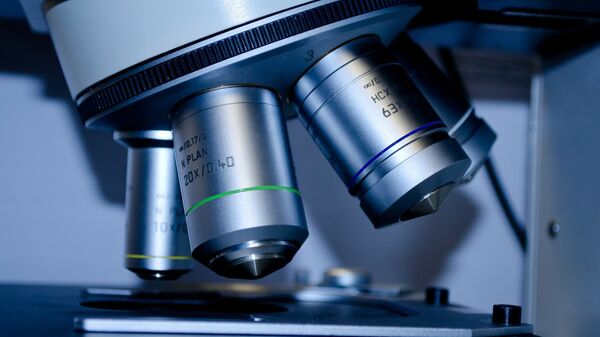Two researchers at the Norwegian University of Science and Technology (NTNU) in Trondheim have been charged with a data breach and are under investigation by the Police Security Service (PST) on suspicion of sharing sensitive information with Iran.
The two researchers reportedly invited guest scientists from Iran without informing the management or following due procedures.
“The research is linked to a smaller environment, including visiting guest researchers from Iran. A key question for us is to find out whether this research can be of importance for the manufacture of weapons of mass destruction,” PST Communications Director Trond Hugubakken told Norwegian broadcaster NRK.
By his own admission, suspicions of irregular research that may have been in conflict with export control legislation first appeared in the spring of 2019.
“As of now, the two NTNU employees are charged with contributing to a data breach by providing unauthorised access to the computer system,” Hugubakken explained. It cannot be ruled out that the investigation will be expanded, he stressed. “Interrogations are still being made, and technical evidence is being obtained. The investigation is at an early stage and is believed to be time-consuming,” Hugubakken concluded.
Subsequently both researchers were suspended from their positions at NTNU's Institute of Mechanical Engineering and Manufacturing (MTP) and barred from the university's premises. NTNU Vice President for research Bjarne Foss emphasised that the researchers had access to a high-tech lab where advanced materials, such as metal alloys, were analysed.
“This group of researchers, both the NTNU staff and the Iranian guest researchers, used a special lab, called the Nano-mechanical lab, relatively intensively over a short period of time,” Foss stressed to the trade newspaper Universitetsavisa.
In response, NTNU is now tightening its routines, Foss explained.
“We shall be as open as we can, while at the same time as closed as necessary. The system must be based on mutual trust,” Foss said.
Iran is currently not known to possess weapons of mass destruction (WMDs) and has signed numerous treaties repudiating their possession, including the Biological Weapons Convention, the Chemical Weapons Convention, and the Non-Proliferation Treaty. Iran has first-hand knowledge of the effects of WMDs, as tens of thousands of Iranian troops and civilians were victims of chemical weapons during the Iran-Iraq War of the 1980s.
The Supreme Leader of Iran, Ayatollah Ali Khamenei, along with other members of the clergy, issued a fatwa against the development, production, stockpiling and use of nuclear weapons.




